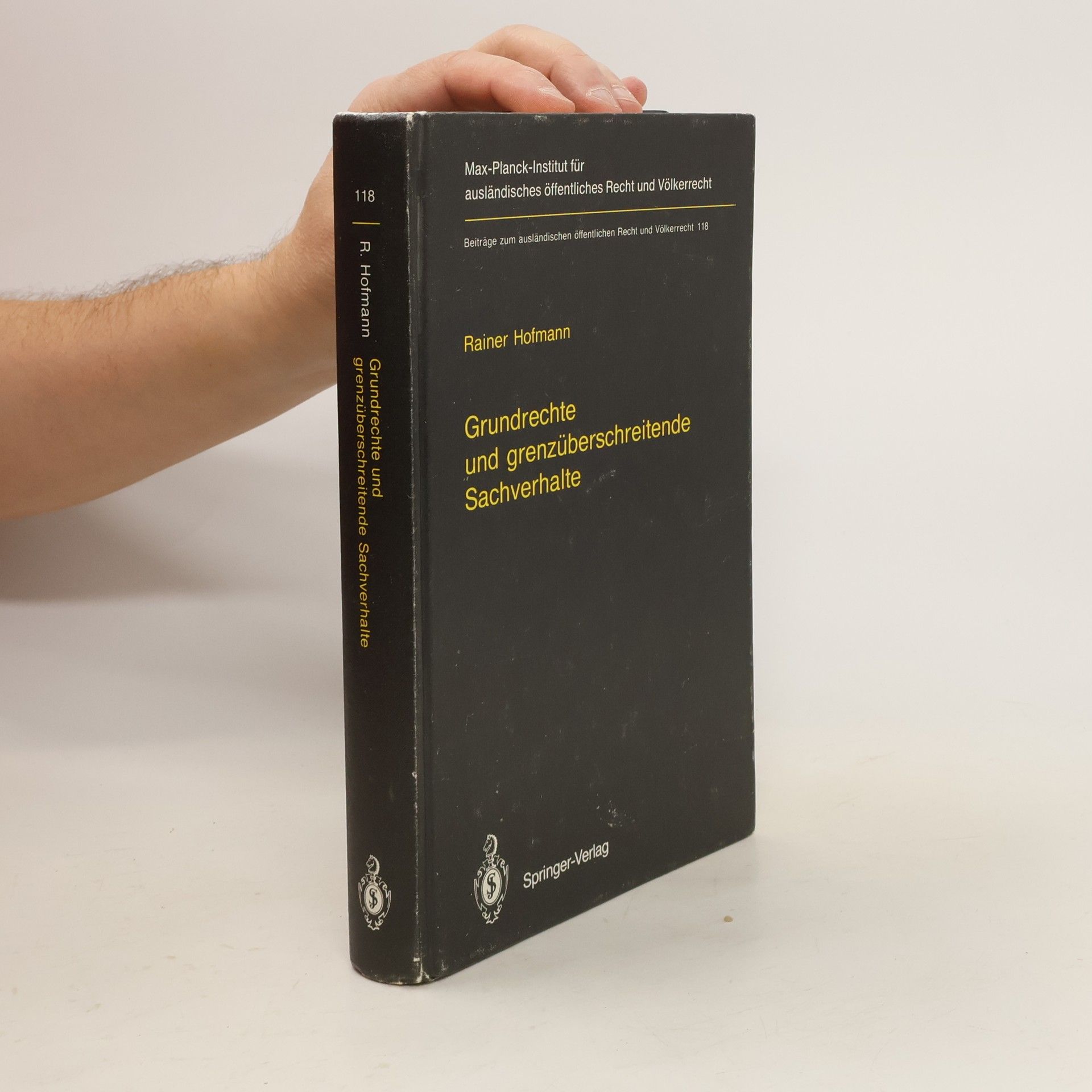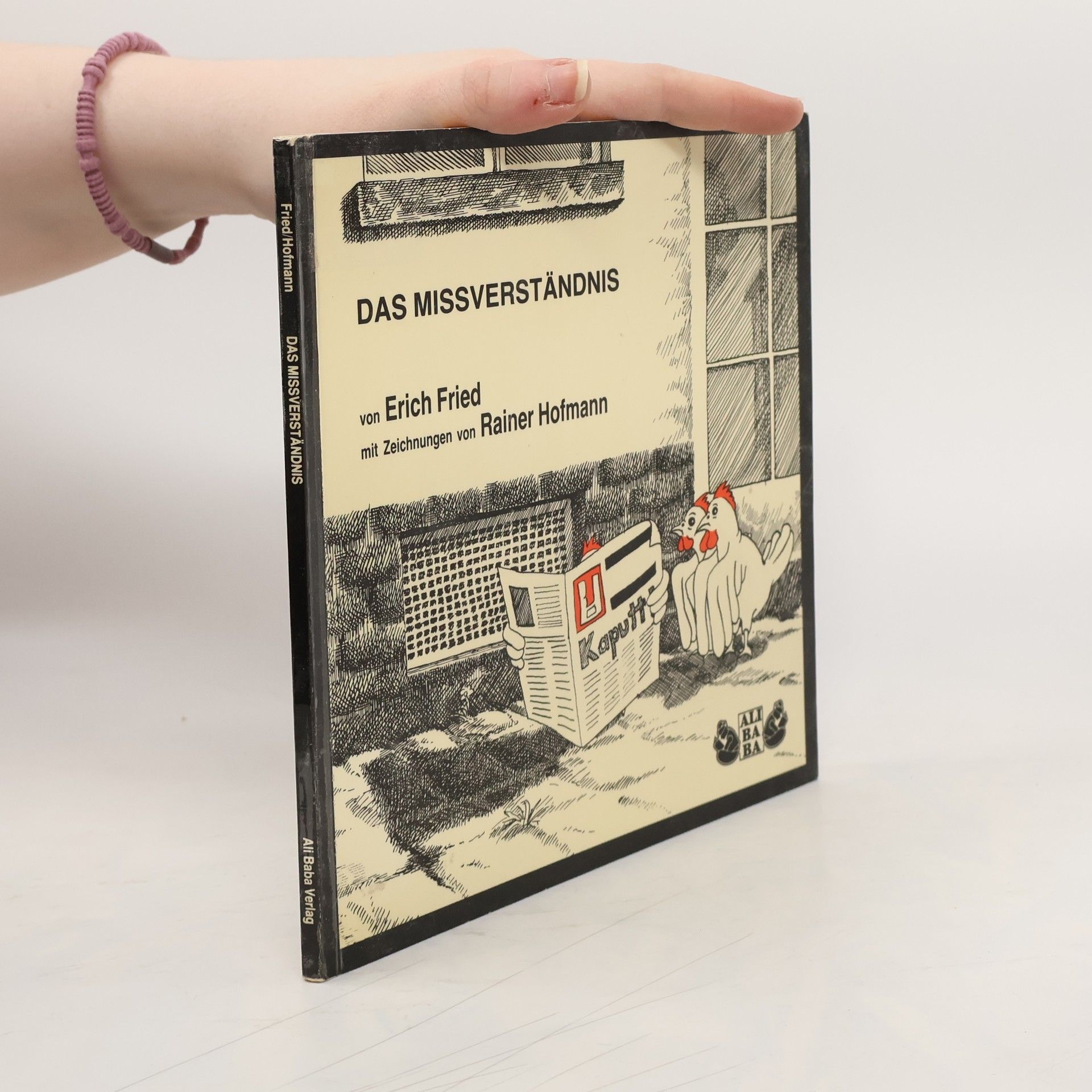Rainer Hofmann Livres






InhaltsverzeichnisErster Teil: Allgemeine Fragen der Anwendbarkeit der Grundrechte bei grenzüberschreitenden Sachverhalten.Zweiter Teil: Anwendbarkeit der Grundrechte bei grenzüberschreitenden Sachverhalten in ausgewählten Teilgebieten der deutschen Rechtsordnung.Summary: Human Rights and Situations of Transboundary Nature.
Super! Genau den will ich haben.“ Diese 64 Seiten sind perfekt für coole Prinzessinnen und wilde Piraten. Jetzt können Mütter und Omas die ultimativen Motivtorten backen, die beim Kindergeburtstag oder bei der Kita-Feier garantiert für große Augen sorgen werden. Welches Mädchen möchte nicht mal einen Highheelskuchen, eine süße Handtasche, eine gebackene Shoppingtüte oder eine Feentorte? Und die Jungs haben mit Skateboard, Fußballtrikot, Ritterschild oder einem schnellen Flitzer garantiert einen Superauftritt. Mit diesen Rezepten ist bei den Kids was gebacken!
Endoskopische Urologie
- 256pages
- 9 heures de lecture
Erfolgreiches endoskopisches Operieren ist das Resultat umfassenden klinischen Wissens und technischen Könnens. Alle Facetten finden Sie in diesem Buch: intraluminale und perkutane endoskopische Verfahren; zahlreiche Kniffe und Tricks; Varianten und Modifikationen der Verfahren; den Umgang mit möglichen Komplikationen. Endoskopie erfordert geschulte Augen: ein Atlasteil mit diagnostischen Bildern und zahlreiche Abbildungen in den therapeutischen Kapiteln helfen Ihnen dabei. Filmsequenzen auf DVD lassen die Operationen lebendig werden. Bleiben Sie auf hohem Niveau mit dem „Operationsatlas endoskopische Urologie“.
Trachten besaßen besonders im 19. sowie in der ersten Hälfte des 20. Jh. große Bedeutung. Sie waren regional nach Konfessionen zu unterscheiden, wurden zu verschiedenen Anlässen differenziert getragen und trugen so sowohl zur Abgrenzung als auch zur Herausbildung von Gemeinschaften und damit zur Entwicklung von regionalen Identitäten bei.
Das Missverständnis
- 30pages
- 2 heures de lecture
